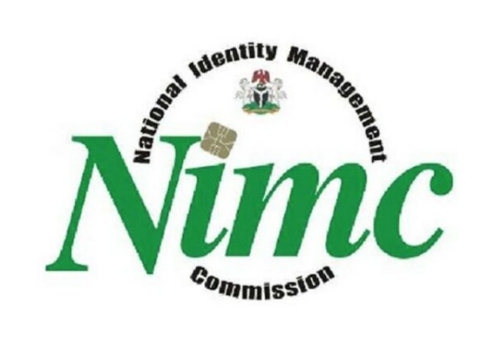Nigerians wishing to amend their date of birth in the National Identification Number (NIN) database will now incur a fee of N28,574, following a significant increase in service charges by the National Identity Management Commission (NIMC).
This new fee marks a 75% rise from the prior cost of N16,340, making it the most expensive service for data modifications within the Commission’s updated pricing structure.
The adjustment is part of an extensive review of NIMC’s service fees, aimed at aligning with current economic conditions, including a national inflation rate of 32.70%, increased operational expenses, and the necessity for financial sustainability.
Under the revised pricing framework, modifications to other personal details—such as names, addresses, and gender—will now be charged at N2,000 each, up from N1,522, reflecting a 31% increase.
The re-issuance fee for the NIN slip has also risen from N500 to N600. Additionally, premium services available at select enrollment centers and visa offices will cost N20,000 for NIN enrollment and N3,500 for slip re-issuance.
For Nigerians residing in African nations, the enrollment fee for the NIN is set at $50 for adults and $30 for children. Data modifications will cost $55 for date of birth corrections and $10 for other changes. For those outside Africa, name corrections will be charged at $60, while corrections to other fields will remain at $10 each.
In an executive summary accompanying the new pricing structure, NIMC explained that these adjustments were made after consultations within its departments and benchmarking against fees charged by other governmental bodies, such as the Nigeria Immigration Service and the Federal Road Safety Corps.
“For over a decade, our service charges have remained unchanged despite advancements in our infrastructure and service offerings. This new pricing structure is essential for us to maintain our systems, support national revenue objectives, and align with international identity management standards,” the Commission stated.
NIMC also referenced its contribution to broader policy goals, including tax unification, social initiatives, and the expansion of digital identity.
While the Commission asserts that the fee increase is justified, many Nigerians have voiced concerns regarding the affordability of the new charges, particularly the steep cost associated with correcting date of birth errors—mistakes that often stem from initial registration issues in rural or busy areas.
For example, Adaku Okafor, a fruit seller in Ojota, Lagos, reported that an error occurred in her daughter’s date of birth on the NIN slip. Although she initially overlooked the mistake, it has now become critical as her daughter, currently in SSS 2, prepares to take the WAEC and JAMB exams.
“I now have to pay nearly N29,000 just to correct a simple mistake. This is incredibly unfair, especially given the harsh economic realities we are all facing,” she expressed.











